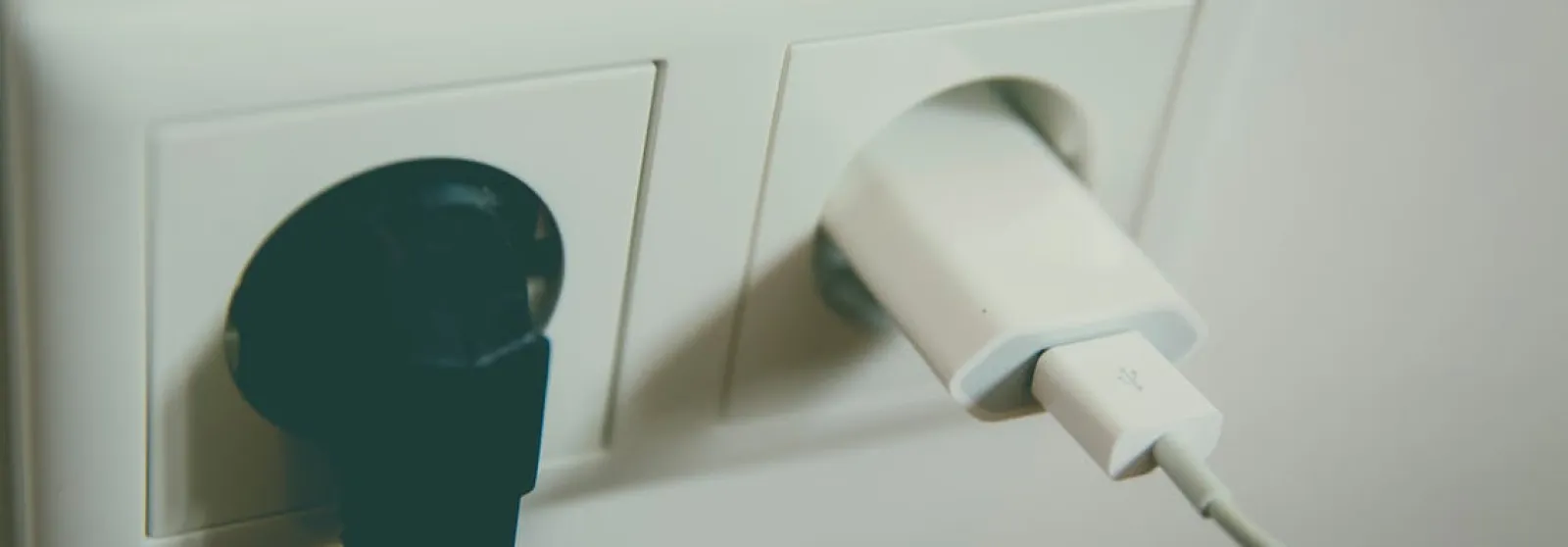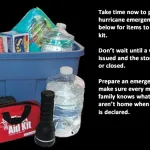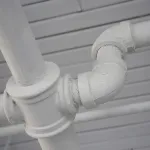 The average household today is completely dependent on the use of electricity. In fact, in the United States, each household is estimated to have a minimum of 24 electrical appliances. What isn’t well known is that 63% of all residential fires involve wiring and related equipment. These are fires that could have been prevented with these simple safety practices.
The average household today is completely dependent on the use of electricity. In fact, in the United States, each household is estimated to have a minimum of 24 electrical appliances. What isn’t well known is that 63% of all residential fires involve wiring and related equipment. These are fires that could have been prevented with these simple safety practices.
Water and Electricity
- Keep appliances away from water, such as sinks, bathtubs, pools or overhead vents that may drip.
- Do not operate electrical appliances with wet hands or while standing in water.
- Never reach into water to retrieve a fallen electrical appliance prior to turning off the electrical breaker and/or unplugging the appliance.
- Do not put water on an electrical fire. Use a dry fire extinguisher or baking soda.
- Install a ground fault circuit interrupter (GFCI) protection wherever water and electricity are within six feet of each other; i.e., kitchen, bathroom, laundry room, pool and outdoors.
Outlets
- Don’t overload electrical outlets with multiple adapters or power strips.
- Use only one high-wattage appliance per outlet at a time.
- Check outlet temperatures regularly. If they are warm to the touch, remove any plugs and contact a licensed electrician.
- When outlets are not in use, utilize a tamper resistant cover. This is especially important when you have small children in the house.
Cords
- Check cords prior to each use for frays, cracks, kinks or loose pieces. Do not use if damage is found.
- Never place cords under a rug as they will be unable to stay cool.
- Don’t place cords near a heat source, such as a heater, fireplace or open flame.
- Do not modify the plug to a cord at any time. This includes clipping off the third prong or attempting to file down a wider prong to fit into an outlet.
However, sometimes the unthinkable still happens. Should you find yourself the victim of a fire, contact us for a quick and efficient home restoration.




